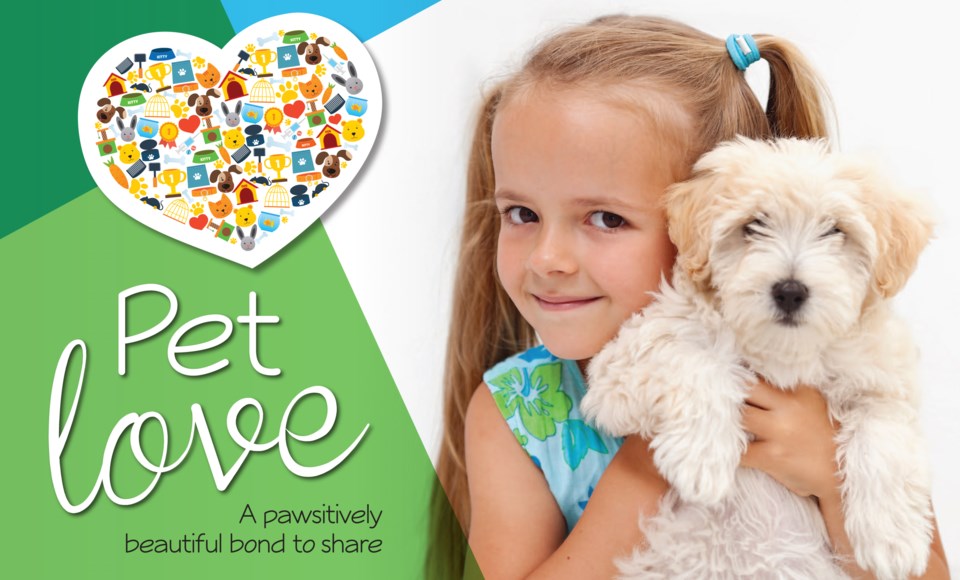5 things you should never feed your dog
You may already know that grapes, garlic and chocolate are dangerous for dogs to consume. However, there are a number of other foods that can be just as toxic. Here are five things you should never feed your pooch.
1. Yeast dough. Yeast causes dough to rise and it’ll do the same in your dog’s stomach, making it distend painfully. Furthermore, during the fermentation process, yeast produces ethanol, which can lead to alcohol poisoning.
2. Alcohol. Booze has the same effect on dogs as it does on humans, and the smaller the dog, the more dangerous it is for them to consume it. Intoxication can lead to disorientation, vomiting, diarrhea and even death.
3. Dairy products. Milk and other dairy products can cause digestive problems and trigger food allergies. As is the case with humans, some dogs are more sensitive than others.
4. Xylitol. This artificial sweetener is found in many types of gum, candy, toothpaste and even peanut butter. While safe for humans, it can increase your dog’s insulin levels, leading to hypoglycemia. In turn, this can cause vomiting, lethargy and even liver failure.
5. Bones of any type. Dogs love to chew on bones but gnawing on them can splinter and injure their digestive systems. Stick to store-bought chews instead.
Besides these potential poisons, you should never feed your dog food that isn’t fit for human consumption. Ingesting raw eggs or chicken can lead to salmonella poisoning and eating spoiled meat can make them sick.
Can your dog or cat eat a vegan diet?
The popularity of plant-based eating has left some pet owners wondering if they can feed their dog or cat a vegan diet. After all, humans can thrive on meat-free fare, so why not their animal companions? Here’s what you should know about feeding pets a vegetable-based diet.
Dogs: Canines are classified as carnivores but are functionally omnivorous. This means they can get some of their nutrients from grains and vegetables. However, there are nutrients present in animal proteins that Fido needs to thrive. In fact, it’s almost impossible for dogs to get all the vitamins, amino acids and minerals they require from plants alone.
While canines can technically survive on a vegan diet, they’re healthiest when fed meals that include meat.
Cats: Unlike dogs, cats are obligate carnivores. This means that they have specific nutrient requirements that can only be met by ingesting meat.
Plant proteins simply don’t supply the amino acids felines need, especially one called taurine. If your cat doesn’t get enough taurine, heart disease, vision problems and even death may result.
In sum: For their health and well-being, avoid feeding your dog or cat a vegan diet. To learn more about your pet’s nutritional requirements, talk to their veterinarian.
Why do cats rub their faces on everything?
Have you ever wondered why cats rub their faces on seemingly everything they cross paths with? This behaviour is called bunting, and it’s actually a form of feline communication. However, depending on what they rub themselves on, it can have different meanings.
Cats have scent glands located in their feet, below their chin, on their lips, near their temples, along their tails and in their ears. These glands release pheromones, which cats use to mark their territory. If a cat rubs itself all over your furniture and walls, it’s saying that those things are the property of kitty.
Bunting may be a show of dominance over other felines in the house, or it may be a way for the cat to feel more comfortable at home.
If your kitty doesn’t like to show their face when you have visitors, they may rub their scent around the house once the strangers have gone. Bunting allows them to reclaim the house and feel calmer.
But what about when a cat rubs itself on you? Do they consider you their property as well? The answer depends on your relationship with the kitty in question.
Cats often rub themselves on newcomers to their home. If they do this, it’s to gather the intruder’s scent and find out more about them. However, if they bunt against their human companions, it’s a sign of affection and that they consider you a part of their family.
How to find a vet for your exotic pet
It’s easy to find a vet for a cat or dog, but what if you have another type of pet entirely? Animals like reptiles, fish, birds, ferrets and rodents need a vet with special training to give them the medical attention they need.
The best way to find a reliable veterinarian for your exotic pet is by word of mouth. Talk to others with the same type of animal as you or seek the advice of breeders and rescue organizations. You can also search online.
When you find a practice or clinic that seems promising, ask for a tour of the facility. It should be clean and modern, and the animals should look comfortable.
If your dog or cat’s veterinarian tells you they’re comfortable taking care of your exotic pet, ask how many exotics they currently provide care for. A vet who sees a single parrot once a month, for example, will not be as knowledgeable about birds as one who sees multiple avian patients a week. Don’t wait until there’s an emergency to find a veterinarian for your exotic pet. If your companion gets sick or injured, knowing where to turn can make all the difference.



